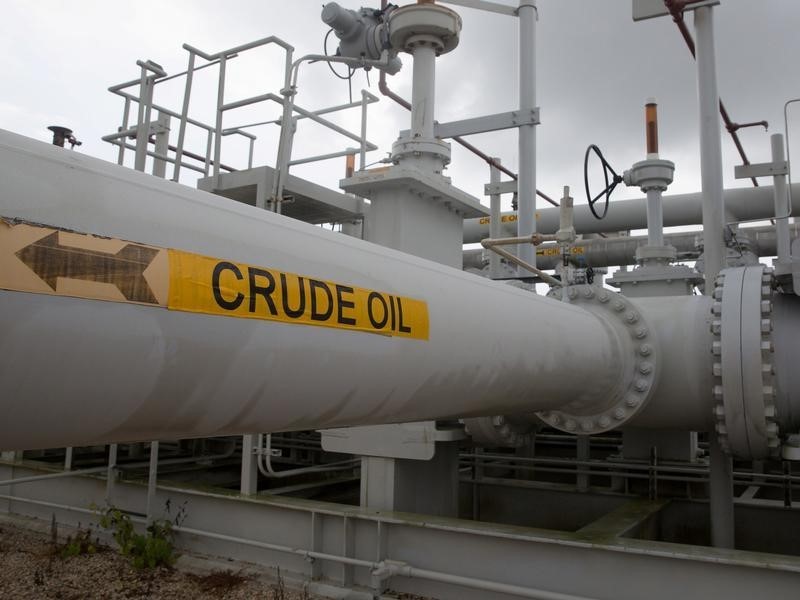* Half of Africans lack electricity access
* Africa needs $130–170 bln/year for infrastructure - AfDB
* Africa contributed minor amount of emissions - Carbonbrief
By Libby George and Shadia Nasralla
CAPE TOWN/LONDON, Nov 8 (Reuters) - A handful of protesters
on the ground floor of the cavernous Cape Town International
Convention Centre spread fake oil on the ground and chanted,
demanding an end to fossil fuels.
Two floors above, the hundreds of delegates at Africa Oil
Week were largely unaware – and mostly unmoved – by the display.
"Under no circumstances are we going to be apologising,"
said Gabriel Obiang Lima, energy minister of Equatorial Guinea,
adding that they need to exploit those resources to create jobs
and boost economic development.
"Anybody out of the continent saying we should not develop
those fields, that is criminal. It is very unfair."
The tension keenly felt at oil conferences in Europe was
largely absent over the three-day event in Cape Town; there was
little focus on climate change, apart from the shadow renewables
cast over long-term demand.
In contrast, investor and government pressure to address
climate change has fundamentally altered oil events in
Europe. [https://reut.rs/2JYK27i][nL5N25U54K]
While no oil-producing country has stopped developing fossil
fuel resources, pledges such as Britain's promise to be net
carbon neutral by 2050 or Norway's national carbon tax show that
governments acknowledge a need to shift away from fossil fuels.
In Cape Town, African leaders touted the good that oil, gas
and even coal can bring on a continent where some 600 million
people lack access to electricity.
"Energy is the catalyst for growth," said Gwede Mantashe,
South Africa's energy minister and national chair of the ruling
African National Congress.
"They even want to tell us to switch off all the
coal-generated power stations," he said. "Until you tell them,
'you know we can do that, but you'll breathe fresh air in the
darkness'."
While Africa is rich in mineral resources and has for
decades shipped fossil fuels to global consumers, its own
citizens have contributed a miniscule amount of the emissions
that cause climate change.
Since the 18th century, all African countries put together
have emitted seven times less carbon dioxide than China, 13
times less than the United States and 18 times less than the
combined countries of Europe, according to industry publication
Carbonbrief.
Global climate efforts recognise this, pressuring developed
countries to cut emissions much more aggressively than
developing ones to make up for their historic contributions.
James Josling, head of Africa oil trading for Swiss-based
Trafigura, said telling Africa not to develop its resources was
akin to making it "pay for the sins" of other regions.
ALL IN OUR POWER
African ministers in Cape Town emphasised their need for
fossil fuel cash and power in order to develop and diversify
resource-dependent economies.
Nearly half of Africans had no access to electricity last
year, according to the International Energy Agency (IEA), while
around 80% of sub-Saharan African companies suffered frequent
electricity disruptions that cut into profits.
Sclerotic transportation networks and clogged ports also add
some 30%-40% to the cost of shipping goods within Africa,
according to the Infrastructure Consortium of Africa, while the
African Development Bank has pegged the amount of cash needed
for infrastructure development on the continent at a whopping
$130–170 billion a year to 2025.
The IEA said renewables were expected to account for
two-thirds of worldwide gains in access to electricity by 2030,
and warned that changing global dynamics meant nations could no
longer assume oil would translate into reliable future revenues.
Some ministers, including Mantashe and Uganda's Irene
Muloni, also emphasised a need to develop renewable resources.
In Kenya, roughly 70% of electricity comes from renewable
sources such as hydropower and geothermal - more than three
times the global average – and the government aims to generate
100% of energy from renewable sources by the end of next year.
But few in Cape Town were prepared to limit fossil fuel
development.
Oil, said Gabon's minister for hydrocarbons Noel Mboumba, is
a major driver of development.
"We will do all in our power to develop it."
<^^^^^^^^^^^^^^^^^^^^^^^^^^^^^^^^^^^^^^^^^^^^^^^^^^^^^^^^^^^
Global CO2 emissions https://tmsnrt.rs/32pPeHt
^^^^^^^^^^^^^^^^^^^^^^^^^^^^^^^^^^^^^^^^^^^^^^^^^^^^^^^^^^^>
